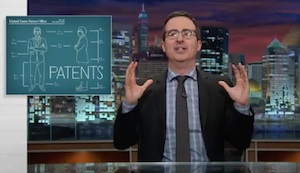Tizen chases the IoT dream with a less is more approach

Or maybe just the future of washing machines.
The Tizen operating system is at the center of Samsung’s Internet of things strategy, according to a company blog post. Backed by Intel and others as well as Samsung and originally intended to be an alternative to Android in the mobile phone space, Tizen’s focus appears to have shifted to embedded systems…
… MoreTizen requires less processing power and memory, thereby ensuring faster device speeds while consuming less energy…
Because it is lightweight, Tizen is optimal for use across a wide spectrum of smart connected devices in the IoT space.









